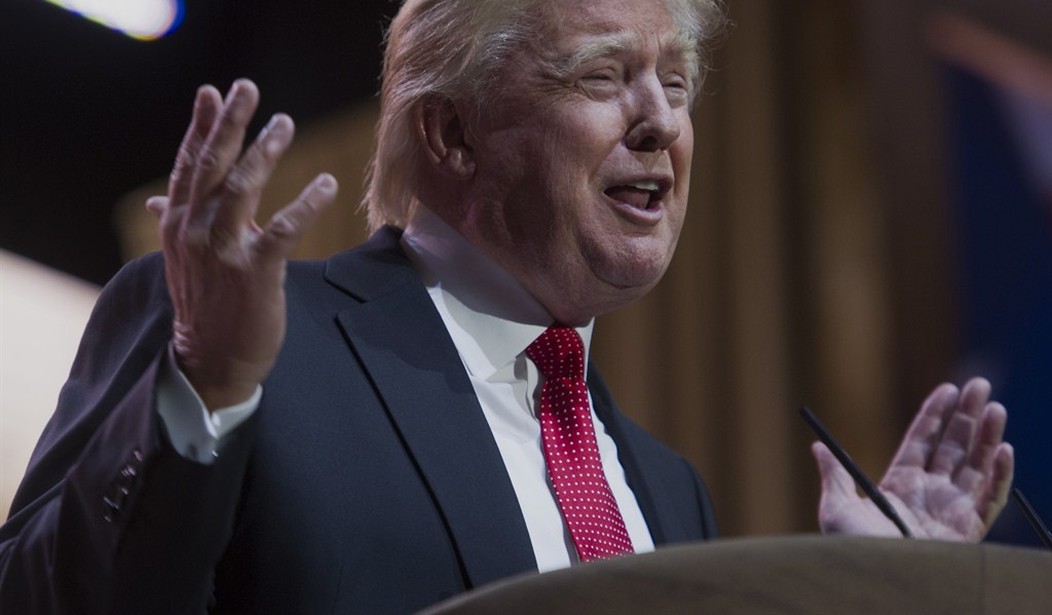Donald Trump's kids and Paris Hilton's siblings were born rich. That gave them a big advantage in life. Unfair!
Inequality in wealth has grown. Today the richest 1 percent of Americans own a third of the assets. That's not fair!
But wherever people are free, that's what happens.
Some people are luckier, smarter or just better at making money. Often they marry other wealthy, well-connected people. Over time, these advantages compound. Globalization increases the effect. This month's issue of Forbes says the world now has 1,826 billionaires, and some struggle to find enough parking places for their jets.
President Obama calls inequality "the defining issue of our time." Really? Not our unsustainable debt? Not ISIS? The president also said, "No challenge? poses a greater threat to future generations than climate change!"
Politicians constantly find crises they will solve by increasing government power. But why is inequality a crisis?
Alexis Goldstein, of a group called The Other 98 percent, complains that corporations got richer but workers' wages "are lower than they've been in 65 years."
That's a common refrain, but it's wrong. Over the past 30 years, CBO data shows that the average income of the poorest fifth of Americans is up by 49 percent. That doesn't include all the innovations that have dramatically improved everyone's life. Today even the poorest Americans have comforts and lifespans that kings didn't have a century ago.
George Mason University economist Garett Jones says, "If I was going to be in the bottom fifth in the America of today versus the bottom fifth of America in 1970 or 1960, it's hard to imagine that anybody would take that time machine into the past."
Recommended
And despite America's lousy government schools and regulations that make it tough to start a business, there is still economic mobility. Poor people don't have to stay poor. Sixty-four percent of those born in the poorest fifth of the U.S. population move out of that quintile. Eleven percent of them rise all the way to the top, according to economists at Harvard and Berkeley. Most of the billionaires atop the Forbes richest list weren't rich. They got rich by innovating.
Rich people aren't guaranteed their place at the top, either. Sixty-six percent fell from the top quintile, and eight percent fell all the way to the bottom.
That mobility is a reason most of us are better off than we would have been in a more rigid society, controlled by central economic planners.
Life will always be unfair. I want to play pro basketball. It's unfair that LeBron James is bigger and more talented! It's also unfair that George Clooney is better looking! It's unfair that my brother is smarter than me.
Jones points out, "I was born with an advantage, too. Being born in the United States ... totally unfair." He also has two married parents -- another huge advantage.
The question is not whether people start out life in homogeneous circumstances, he adds. "The question is whether government policies that try to fix this actually make things better or worse."
Worse, in most cases. Government "help" encourages poor people to be dependent and passive. Dependent, people stay poor. Also, most government handouts don't even go to the poor. They go to the middle class (college loans, big mortgage tax deductions, Medicare) and the rich (corporate welfare, bailouts to banks "too big to fail").
Instead of making government more powerful, let's get rid of those handouts. Left and right ought to agree on that.
America has prosperity and innovation because we have relatively free markets.
Progressives say, "Keep the innovation but have government make us more equal." But that doesn't work. It's been tried. Government-enforced equality -- socialism -- leaves everybody poor.
Equality is less important than opportunity. Opportunity requires allowing people to spend their own money and take their own risks.
Instead of talking about "fairness," it would be better to talk about justice: respecting other people, respecting their freedom and their property rights.
Real fairness requires limiting government power.

























Join the conversation as a VIP Member